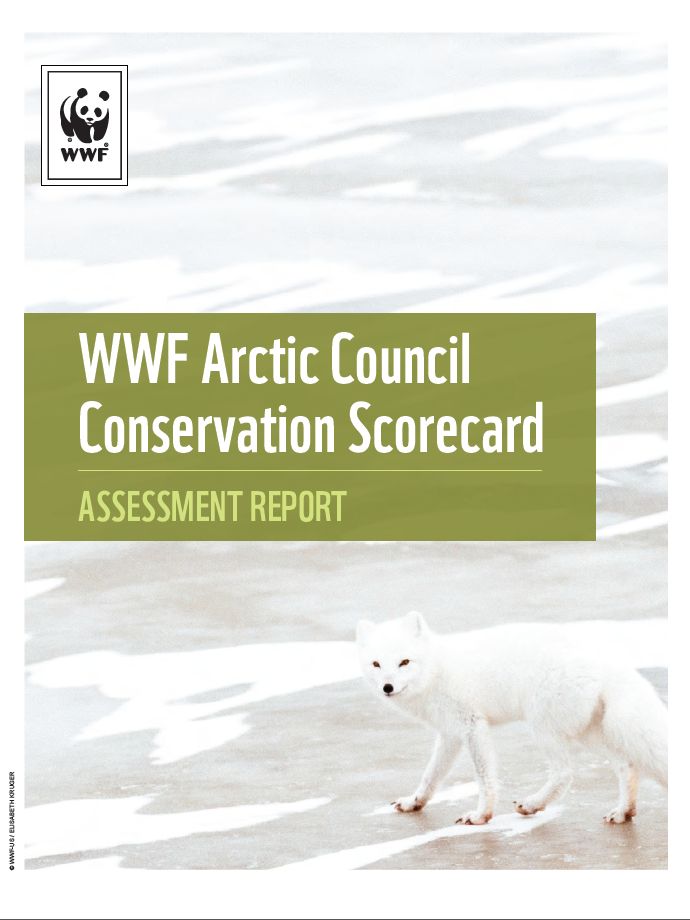How can we improve policy monitoring of national implementation to further protect the Arctic environment and its inhabitants? With the WWF Arctic Council Scorecards, Ecologic Institute and WWF International Arctic Programme undertook the effort to provide a first overview of the implementation status of specific recommendations by the Arctic Council with a particular focus on maritime activities, climate change and biodiversity protection as well as ecosystem-based management.
The Arctic Council and Transparency of Implementation
The Arctic Council provides a forum for scientific cooperation and policy exchange for already more than 20 years. In this time, the forum’s working groups have provided substantial insights into the threats that Arctic regions face and into the extent of available knowledge. The WWF Arctic Council Scorecards aim to increase transparency in order to enhance further implementation and accountability of Arctic Council decisions. In this project, Ecologic Institute supported the WWF International Arctic Programme with the fine-tuning of the methodology and provided the underlying research for the Scorecards.
Over the years, the Arctic Council’s work plans have included landmark publications and reports that are based on scientific evidence and often include policy recommendations suggested to and approved by the Arctic Council member states. The forum has shown its openness for a translation from science to (international) policy. The Arctic Council’s active work via its six working groups and additional expert groups has resulted in hundreds of policy recommendations over the years, across multiple disciplines and connected policy topics, such as (marine and terrestrial) protected areas and biodiversity protection, climate change and its impact on indigenous and local communities, shipping and emergency preparedness against oil spills.
Since the Arctic Council itself does not have any legislative powers, it depends on its individual member states to implement the recommendations. It is their task to bring the knowledge about the need of combined efforts to their national, subnational and local policies. It is the next step to bring the shared scientific insights from the (international) policy exchange back to national policies.
The Arctic Council Scorecards Approach
The Arctic Council Scorecards take a look at the efforts of the eight Arctic states (Canada, Denmark/Greenland, Finland, Iceland, Norway, Russia, Sweden, and USA) individually as well as at their combined actions under the auspices of the Arctic Council. The overview aims to identify areas in which additional efforts could be needed to reach already agreed goals.
The first section of the Scorecards aims for an overview on the progress of Arctic States’ policies on implementing recommendations agreed in the Arctic Council into their own policies, plans and regulations. The second section aims to score the progress on the Arctic Council level and to which extent the Arctic states have followed up on the their work plan and cooperation pledges within the forum.




